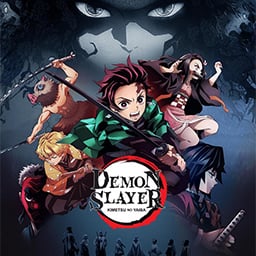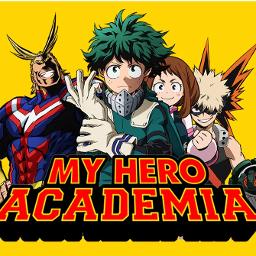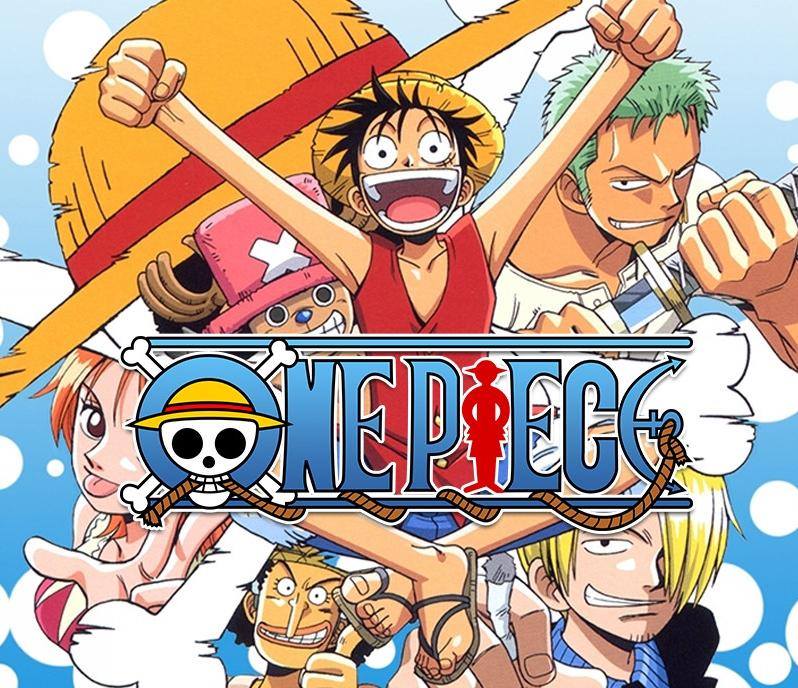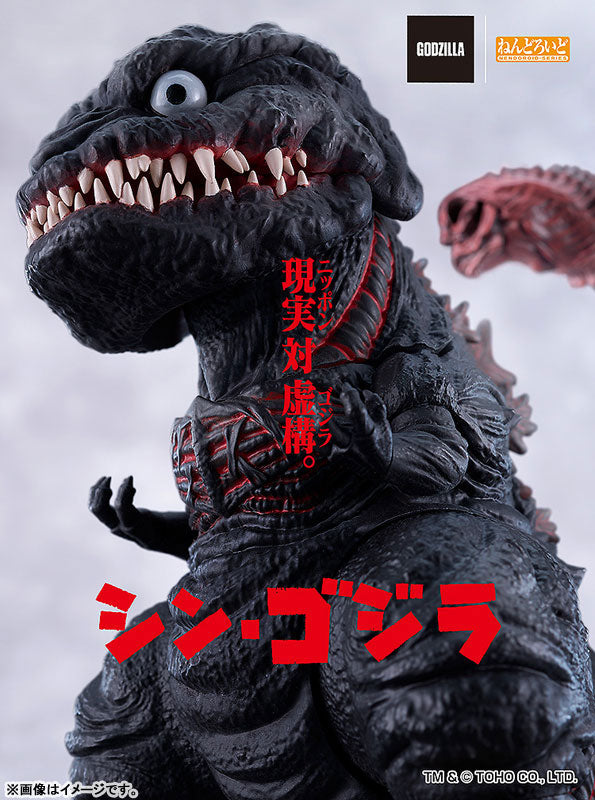What is the meaning of Sunacchi
What is the meaning of Sunacchi in "One Piece"?

One Piece, written and illustrated by Eiichiro Oda, is one of the most popular and best manga and anime in history. Monkey D. Luffy's adventures in Oda's pirate world are known and loved worldwide, and for good reason: it's one of the best universes ever written. And even though Oda has done his best to explain everything, many mysteries still surround the world of One Piece. Some of them are true mysteries that even Oda has yet to clarify, while others are simply questions related to known phenomena that require more in-depth explanations. This article will focus on one of the latter, as we will tell you what the expression "Sunacchi" means in One Piece, especially since it is closely linked to Wano Country.
The phrase "Sunacchi" is actually an abbreviation of the phrase "'Namae' o Sutero, 'Chie' o Sutero" (Japanese: "Throw away your name and mind"), which means "Throw away your name and mind" (VIZ Media translated it as "Give up your name and be like a child." The phrase itself is actually a battle cry used by the Kuri people of Wano Country.
What we're going to do in the rest of this article is explain the expression further. We'll explain the etymology of the expression, its translation, and what it actually means in the context of the story. We've gathered all the known and relevant information about this phrase, as well as its connection to the story. Be careful, though, as there will be spoilers in this article.
"Sunacchi" is actually a war cry used in Wano Country.
As we usually do when we have to explain the meaning of certain Japanese words, names, or expressions, we're going to reduce the sentence to its essentials so that you know exactly what you're dealing with. The phrase "Sunacchi" itself is written in Japanese as follows: 捨名スナッ知チ. In this context, we must say that it is the abbreviation of a longer phrase, which – in its entirety – is written as follows: 〝名前〟を捨てろ 〝知恵〟を捨てろ. Now let's see what the sentence is about:
- 名前 (namae) – the kanji spelling of the Japanese word "name"
- を [(w)o] – the Japanese letter “wo”, which is used here to mean a direct object
- 捨てろ (sutero) – Meaning "to throw", "sutero" is actually an abbreviation of the phrase "suteiro", which is actually an imperative form of the verb "suteru", but pronounced in "badass" language, meaning that it is stylistically colorful in this aspect
- 知恵 (chie) – the kanji spelling of the Japanese word for “wisdom, mind, knowledge”
Now that we know the gist, it's pretty easy to decipher the meaning of the phrase, as well as the abbreviation (which is common in the Japanese language). The literary phrase translates to "Throw away your name and your intelligence," which makes perfect sense. VIZ Media officially translated it as "Abandon your name and be like a child," and we're not sure how they came up with the "child" part or why they translated a verb that means "to throw away" as "surrender," but it's not that bad. We hope.
Now, all of this doesn't really make sense until you give it some context, and that's exactly what we're going to do here, as the phrase itself is obviously symbolic and can't be interpreted literally. What you should know beforehand is that the phrase is intrinsically linked to the warriors of Wano Country, which is why it's also relevant to the events currently unfolding in the series.

The phrase itself is a battle cry used in Wano Country. It was primarily used by the people of Kuri in Wano, which is why it is a form of their dialect. It could also be heard in Shimotsuki Village, as it was used by the old men who emigrated from Wano to the village; this is also how Roronoa Zoro, who grew up in the village, first came into contact with the phrase, although he never used it personally as it had no personal or deep meaning to him. In Wano, however, the phrase was very important, and it was a monumental exclamation among the warriors of Wano.
Namely, the battle cry was used primarily in two contexts. Initially, it was a form of encouragement, something like "We can do it!" or similar. As the manga confirms, the children of Wano Country used this expression to give themselves the courage to participate in their own "test of courage," which involved jumping off a cliff into the ocean. The children encouraged each other to do so by using this phrase.
Initially, it is used as a battle cry before entering battle. Here too, it gives the warriors courage, but the stakes are now much higher and the cry is more formal than at first glance. It was used when the warriors first went to confront Kaido ten years before the current timeline and by the Nine Red Scabbards when they jointly charged Kaido during the raid on his island of Onigashima. It has a very deep and personal meaning for them, and it gives them the courage to face the most terrible tyrant they have ever come into contact with.
Ultimately, the phrase "Sunacchi" means to completely abandon one's fears and rush into battle without thinking. This is why the phrase says to simply forget one's name and wisdom, as neither is important for a vital battle. The only thing that matters is a warrior's courage, and to maximize this, one must lose all fears and titles and simply march head-on into battle to succeed and be victorious, as nothing else has meaning.








